Top 5 best blockchain platforms in 2024


In 2009, the world witnessed the rise of Blockchain when Bitcoin, the pioneer cryptocurrency, debuted. It introduced a new digital currency and marked the birth of the first fully operational blockchain platform. So, when we talk about a blockchain platform, we’re referring to one designed to support a particular flavor of blockchain technology.
What’s fascinating is that over time, we’ve seen a range of different blockchain platforms emerge to cater to the diverse needs of businesses. You’ll come across plenty of comparisons out there, highlighting these platforms’ unique features and capabilities. It’s cool to see how the blockchain ecosystem has evolved and how these platforms adapt to meet various industries’ demands.
So, imagine a digital infrastructure that provides all the necessary tools and resources for developers, businesses, and even individuals to build and interact with applications based on blockchain technology. That’s what we call a blockchain platform. It’s like a solid foundation that supports the development and deployment of all blockchain-related things.
With a blockchain platform, you can create decentralized systems that offer secure and transparent transactions. It’s all about removing the need for intermediaries and fostering trust among participants. These platforms also have smart contract functionality, allowing for the automated execution of agreements and predefined rules.
You’ll often find that blockchain platforms have their native cryptocurrencies or tokens. These digital assets play a role beyond just being a form of payment. They can grant access to specific platform features, enable participation in decision-making processes, or even represent unique digital assets like non-fungible tokens (NFTs).
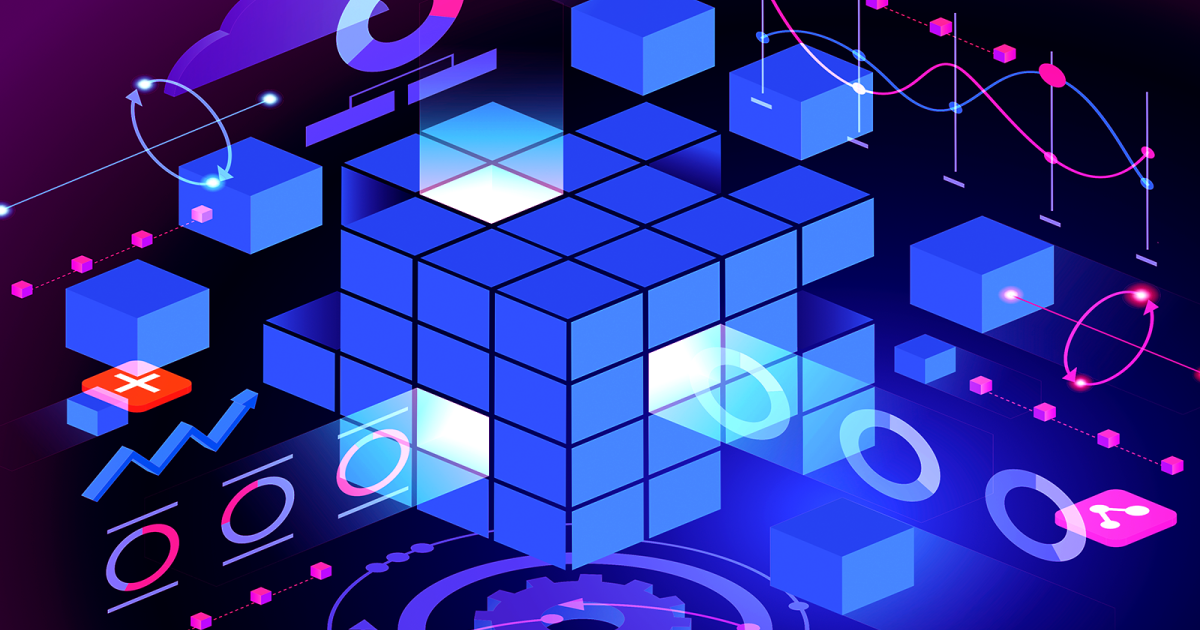
Blockchain Platform
Different platforms use various consensus mechanisms to ensure the integrity and consensus of the Blockchain. These mechanisms determine how participants agree on the validity of transactions and keep the whole system secure and stable.
And don’t worry if you’re not a hardcore developer. Blockchain platforms offer developer tools and APIs, making it easier for folks to build applications and interact with the blockchain network. They want to empower people to unleash the full potential of blockchain technology and foster innovation in this exciting space.
In a nutshell, a blockchain platform is a robust digital infrastructure that supports the creation, deployment, and interaction of blockchain-based applications. It’s all about building trust, transparency, and exciting possibilities for a decentralized future.
You can expect some fantastic benefits when developing a Blockchain platform in your business. Let’s take a closer look:
|
Greater Transparency
|
Blockchain brings transparency by allowing secure access to the entire ledger. This fosters accountability and ensures actions are in the organization’s best interests. |
|
Increased Efficiency
|
Blockchain’s decentralized nature eliminates the need for middlemen in processes like supply chain management and payments. Transactions become faster, even across borders, using digital currencies. |
|
Improved Traceability
|
Blockchain records exchanges of goods, creating an audit trail for traceability. It enhances security, prevents fraud, and verifies the authenticity of traded goods, benefiting supply chain management. |
|
Enhanced Security
|
Blockchain ensures security through encryption and linking of transactions, making the data immutable and incorruptible. It provides robust protection against falsification and hacks. |
Now, let’s talk about two exciting use cases where Blockchain platforms are making waves:
In the world of supply chain management, Blockchain is a game-changer. It helps organizations understand their supply chains better and engages consumers with reliable and immutable data. By capturing crucial data points and ensuring transparency, Blockchain platforms build trust among trading partners. Plus, they provide complete visibility and traceability of goods as they travel through complex global supply ecosystems.
The need for robust security becomes evident as IoT devices become more prevalent in manufacturing and processing companies. That’s where Blockchain steps in. It offers a reliable solution to protect Industrial IoT (IIoT) devices and ensure their security. Organizations increasingly consider using Blockchain platforms to manage and safeguard their IoT devices, providing a secure and trustworthy environment.
Blockchain at TECHVIFY:
Here is the top blockchain platform you might want to check out:

Ethereum
Introduced in 2013, it is a well-established blockchain platform. It offers a decentralized network like Bitcoin and is known for supporting smart contracts. However, it has slower processing times and higher transaction costs than some alternatives. Ethereum also has its cryptocurrency called ether, which fuels the network and powers decentralized applications.

Hyperledger Fabric
Hyperledger Fabric is a versatile set of tools endorsed by the Linux Foundation for developing blockchain applications. Designed with corporate distributed ledger applications in mind, it offers a modular architecture and a rich ecosystem of components. It excels in closed blockchain deployments, delivering enhanced security and speed. Its open smart contract model supports various data models, making it adaptable to different use cases.
There must be some debate about whether it falls into a traditional blockchain or a different distributed ledger. R3 Corda introduces a novel consensus mechanism that cryptographically links transactions. However, it doesn’t follow the typical approach of regularly bundling multiple transactions into blocks.
The official Corda website describes it as “both a blockchain and not a blockchain.” It may sound paradoxical, but it highlights the unique nature of R3 Corda’s design.
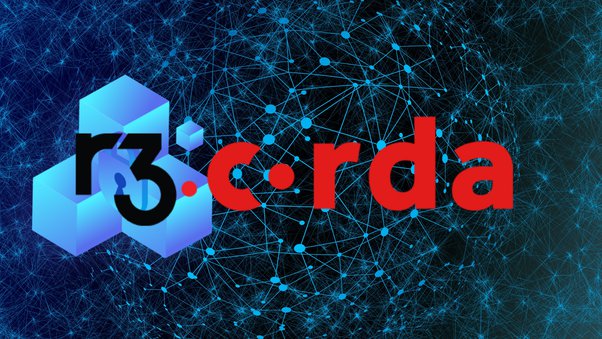
R3 Corda
One significant advantage of this approach is its real-time processing of transactions. This means that when it comes to speed, R3 Corda performs exceptionally well compared to other types of blockchains. So, if you’re looking for a platform that can handle transactions swiftly, R3 Corda might be the one to consider.
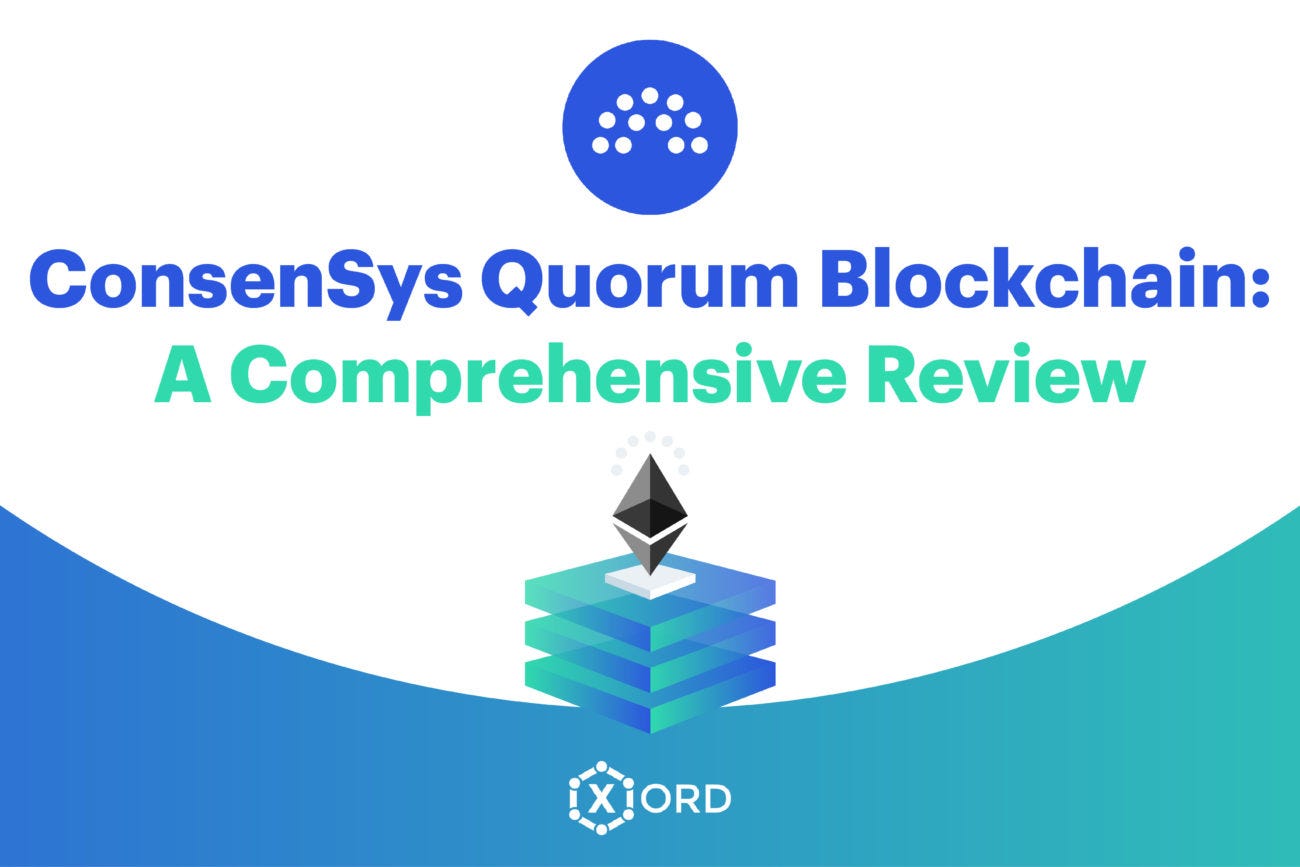
ConsenSys Quorum
ConsenSys Quorum is a modified version of Ethereum created by JPMorgan. It provides a secure environment for fast transactions within a private network, connecting institutions like banks and insurance firms. It streamlines interactions and enhances security in the financial industry.
A fascinating blockchain technology that has gained traction in recent years for various DeFi applications. Its innovative use of the Stellar Consensus Protocol sets Stellar apart, which speeds up transaction processing and approval on public blockchain networks. This means transactions can be completed faster compared to other blockchain platforms.
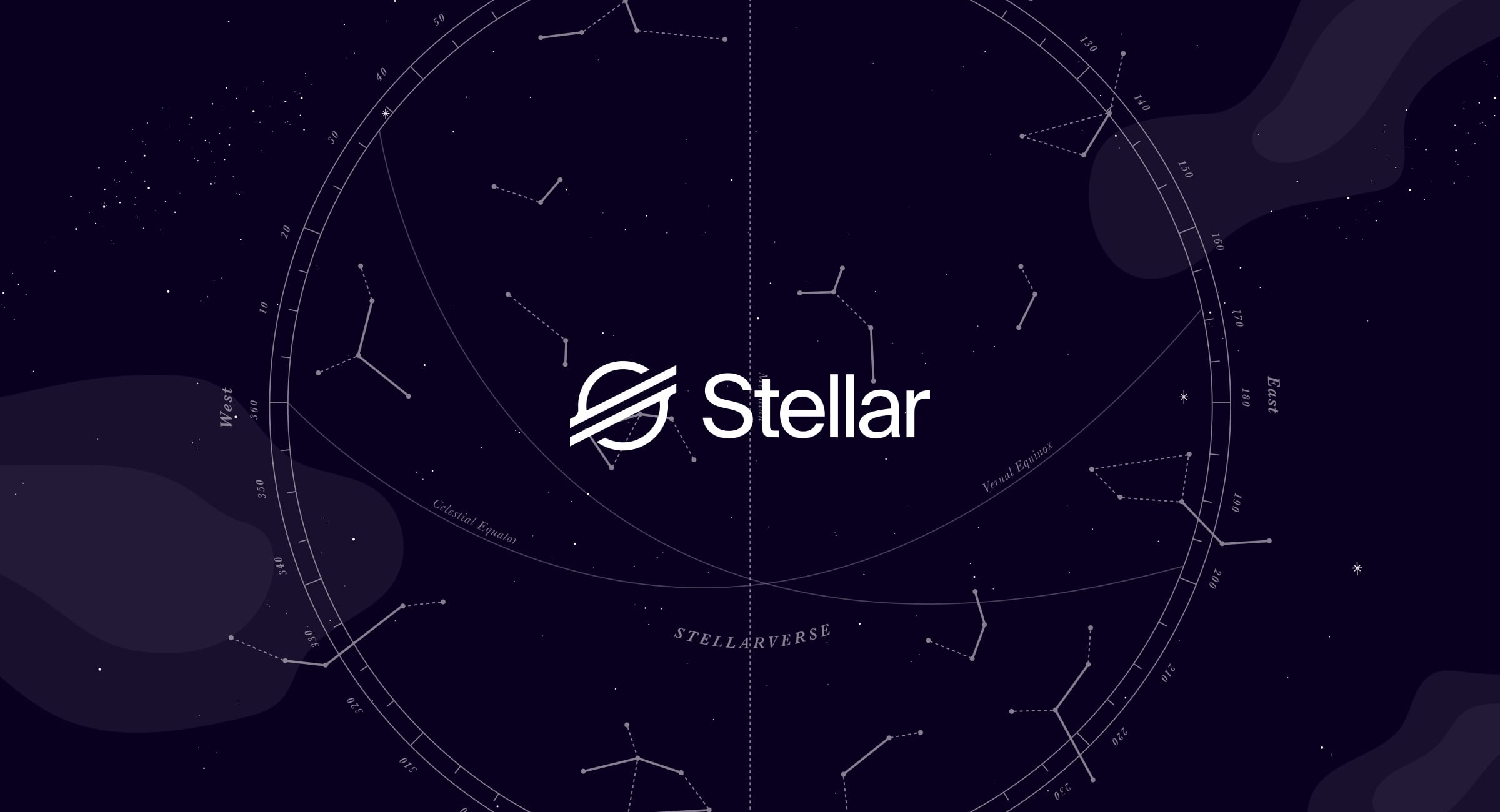
Stellar
With its focus on efficiency, security, and enabling cross-border transactions, Stellar has emerged as a promising blockchain technology for businesses venturing into decentralized finance and exploring new possibilities in the global marketplace.


Table of ContentsI. What is a blockchain platform?II. Importance of blockchain platformsBest Blockchain Platforms in 20241. Ethereum 2. Hyperledger Fabric 3. R3 Corda 4. ConsenSys Quorum 5. Stellar Technological advancements are paving new paths for companies across different sectors, and the logistics industry is no exception. According to a survey by Gartner, 87% of supply chain professionals plan to invest in enhancing the resilience of their platforms. Logistics encompasses a broad and complex array of processes that demand the utmost precision and continuous optimization. Companies can automate and streamline these processes through software product development, significantly boosting efficiency. In this article, we will delve…
26 July, 2024
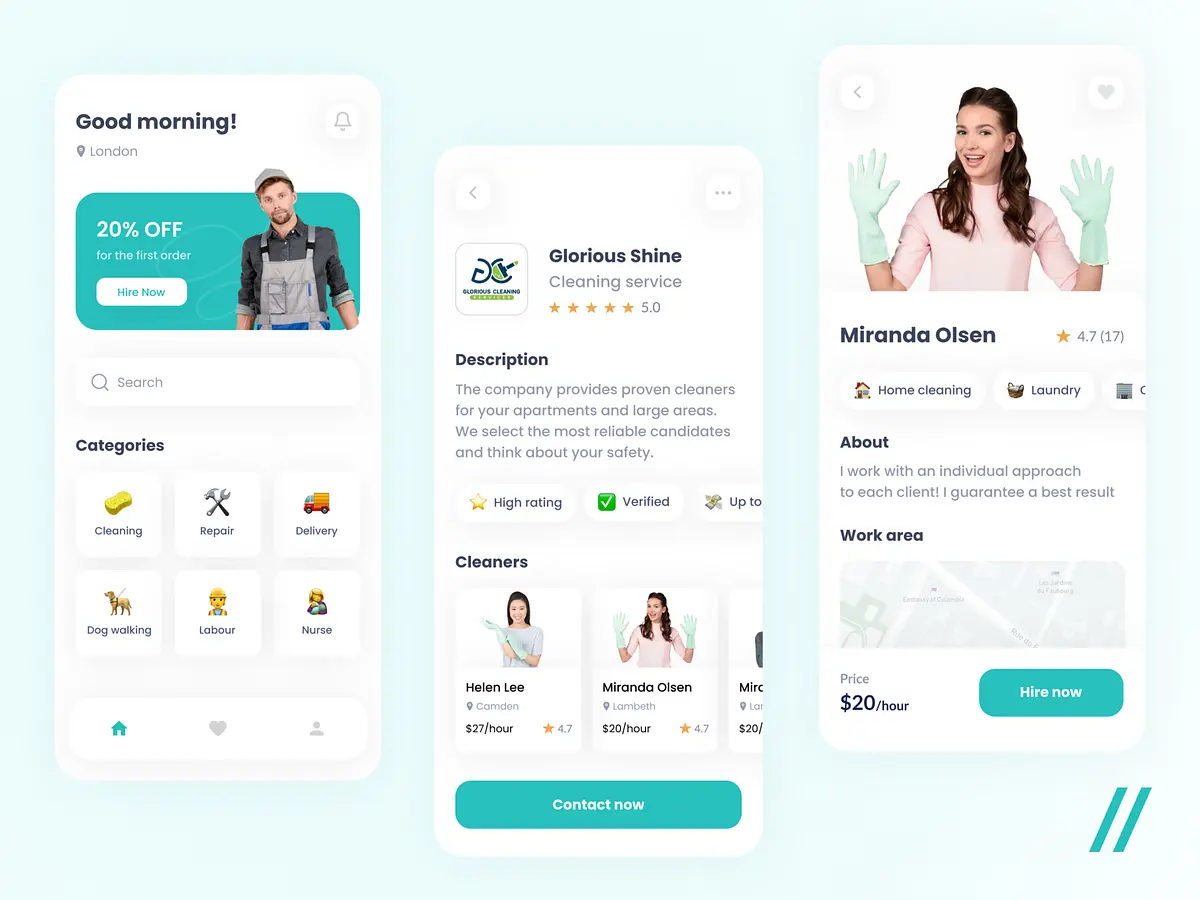
Table of ContentsI. What is a blockchain platform?II. Importance of blockchain platformsBest Blockchain Platforms in 20241. Ethereum 2. Hyperledger Fabric 3. R3 Corda 4. ConsenSys Quorum 5. Stellar The technology sector is advancing at an unprecedented pace, and the HR landscape is evolving right alongside it. To attract top talent, HR professionals and organizations need to stay ahead of emerging technology hiring trends. This year, we are witnessing significant shifts in hiring practices that will redefine our understanding of the future workforce. According to a Microsoft study, the number of technology jobs worldwide is expected to skyrocket from 41 million in 2020 to an…
25 July, 2024

Table of ContentsI. What is a blockchain platform?II. Importance of blockchain platformsBest Blockchain Platforms in 20241. Ethereum 2. Hyperledger Fabric 3. R3 Corda 4. ConsenSys Quorum 5. Stellar Customized software plays a major role in managing various tasks within the telecom industry. It is essential for allocating numbers to subscribers and managing networks through optimized and AI-enabled routing protocols. Additionally, it aids in detecting fraud with intelligent telecom software development solutions and maintaining detailed subscriber profiles, including comprehensive call recording reports. I. A Quick Look into the Telecommunication Industry The telecommunications industry enables the global exchange of information in the 21st century. Key players…
24 July, 2024


Thank you for your interest in TECHVIFY Software.
Speed-up your projects with high skilled software engineers and developers.
By clicking the Submit button, I confirm that I have read and agree to our Privacy Policy